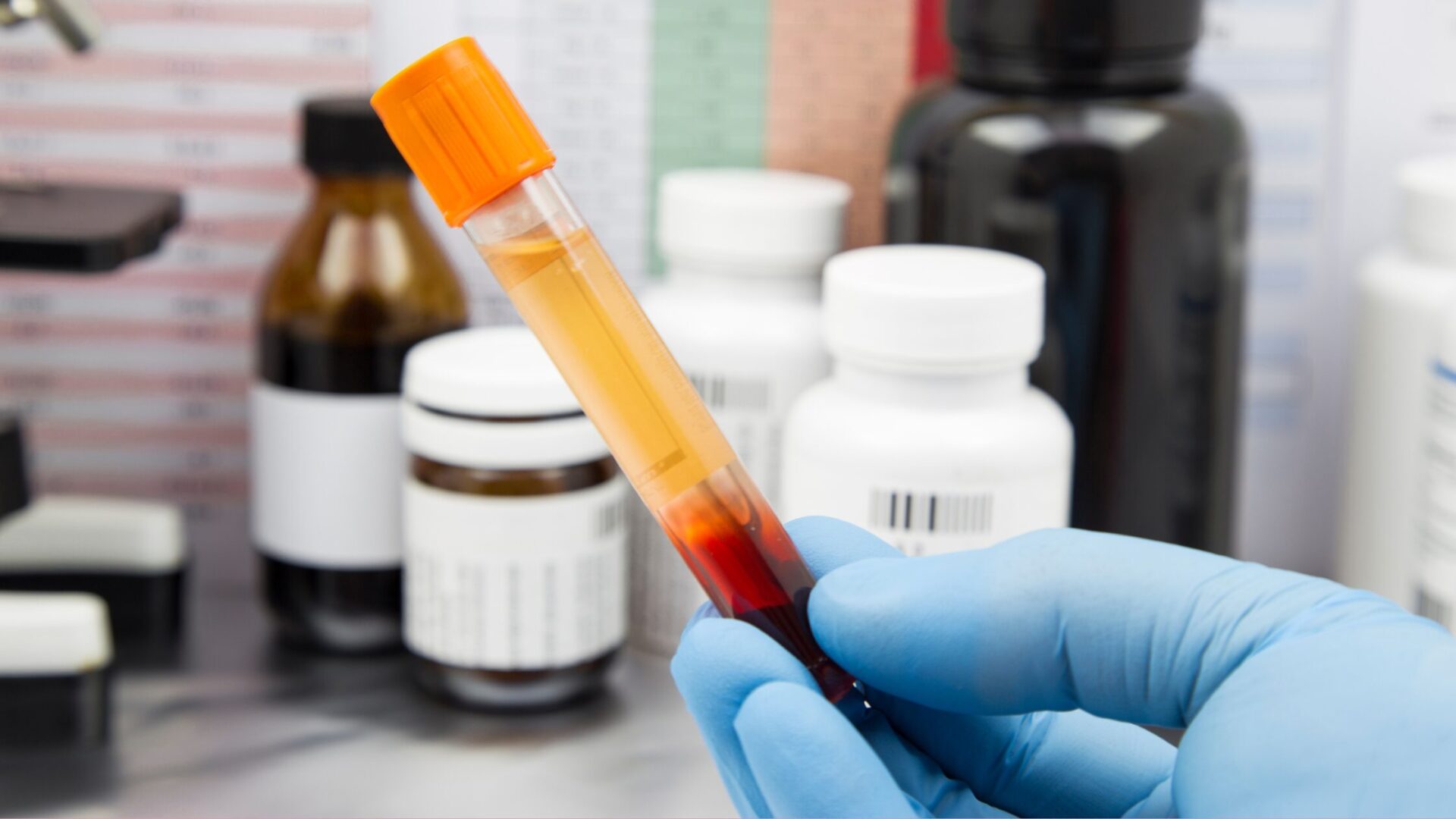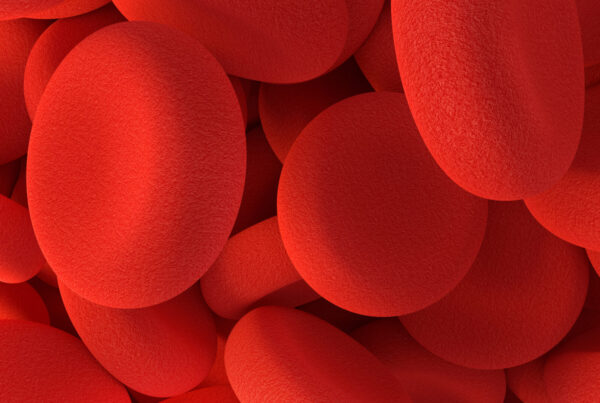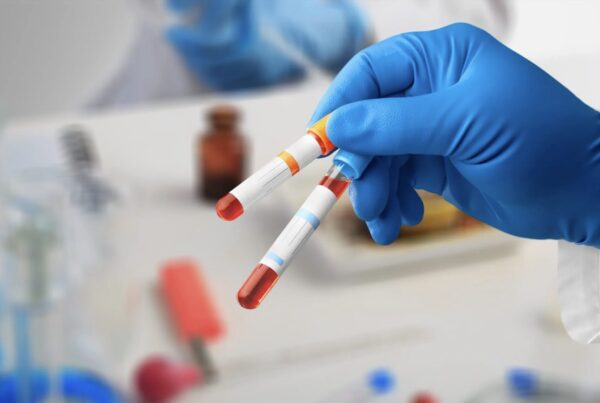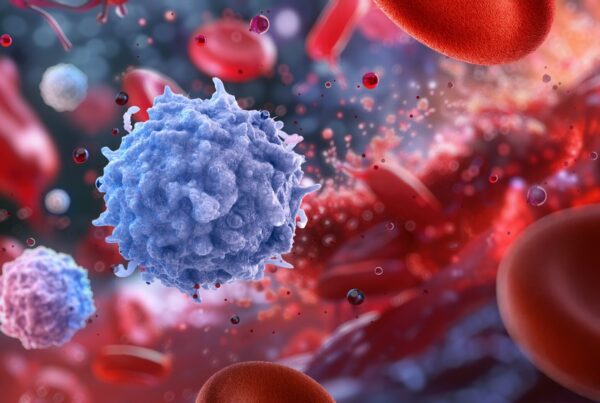Key questions to consider when selecting a source of blood biospecimens: PBMCs, plasma, and more
When selecting a blood product supplier for fresh blood or other blood products for research, it’s crucial to assess which option best aligns with your study’s requirements. Consider three primary sources: national public blood collection services, specialist commercial suppliers, and internal volunteers within your organisation. Each has distinct advantages, so careful evaluation is essential to ensure you receive the best biospecimens for your research. Below are the key factors to guide your decision-making process:
Collection & processing methods
The way blood products such as PBMCs, plasma for research, or whole blood are collected and processed directly impacts the quality and consistency of your research results. Consider the following questions:
- Does the supplier provide transparent details about their collection and processing protocols?
- Can they adapt to your specific collection and processing requirements?
- Are their methods standardised and ethically compliant to ensure consistency and viability?
By ensuring your supplier adheres to robust protocols, you can minimize variability and maximise sample quality.
Supply timelines & consistency
Consistency and timeliness are critical when working with fresh blood samples like PBMCs, plasma, and whole blood for research. Ask yourself:
- How fresh do the blood products need to be for your experiments?
- Can the supplier reliably meet your strict timelines and deliver consistently?
- Do they have processes in place to handle urgent or recurring orders without compromising quality?
A dependable supply chain is essential to maintaining experimental accuracy and meeting project deadlines.
Donor characteristics & lifestyle
The profile of the donors can influence the relevance and applicability of your samples. Consider:
- Does your study require donors with specific attributes such as age, sex, ethnicity, or BMI?
- Are there any exclusion criteria, such as donors taking medications that might interfere with your research?
- Can the supplier provide access to donors who meet these requirements?
Selecting a supplier with a diverse and well-documented donor pool can help you obtain samples tailored to your research needs.
Blood product formats available
Different research applications may require varying blood product formats or volumes. Evaluate:
- What specific blood product format (e.g., whole blood, plasma, PBMCs) does your research require, and can the supplier provide it?
- Can the supplier consistently deliver the volumes needed for your studies?
- If your research scales up, will the supplier have the capacity to meet increased demand?
A supplier with flexible offerings and scalable capacity ensures your research isn’t hindered by supply limitations.
Ethical & consent requirements
Ethical compliance is a non-negotiable aspect of sourcing human biospecimens like blood products. Reflect on the following:
- Does the supplier adhere to all relevant ethical guidelines and regulatory standards?
- Are donors fully informed, and have they provided clear and comprehensive consent?
- Can the supplier provide documentation to demonstrate ethical compliance throughout the process?
Ethical sourcing not only ensures compliance but also bolsters the credibility of your research findings.
By thoroughly addressing these factors, such as collection methods, donor characteristics, and supply timelines, you can identify the best source for fresh blood products. Choosing a supplier that can provide high-quality, ethically sourced biospecimens like PBMCs, plasma, and whole blood ensures consistent results for haematology or immunology research. Partner with a supplier who can deliver PBMC samples, meet your blood product needs, and ensure research success.
Contact us to discuss your research needs.






